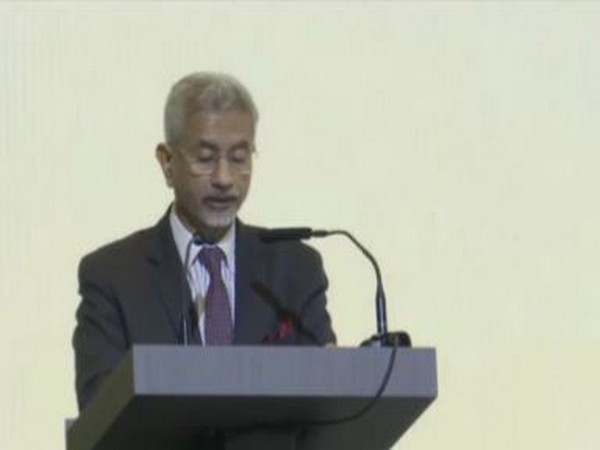The Evolving Indo-Pacific and the Quad's Role in Re-Globalization
External Affairs Minister S Jaishankar emphasizes the significance of the Indo-Pacific emergence and Quad's growth in advocating global welfare. At the ASEAN-India Network of Think Tanks, he speaks on the world leaning towards re-globalization over de-globalization, with transitioning supply chains and digital technologies at the forefront.

- Country:
- Singapore
External Affairs Minister S Jaishankar highlighted the importance of the Indo-Pacific region's emergence and the Quad's maturation in promoting global welfare during the 8th Roundtable of ASEAN-India Network of Think Tanks. He noted that the world is moving towards 're-globalization' rather than 'de-globalization', with global manufacturing and supply chains undergoing significant transitions.
In his address, Jaishankar pointed out that the India-ASEAN partnership, entering its fourth decade, holds substantial promise. He emphasized that global transitions highlight the rate of change rather than change itself, and that navigation entails dealing with compulsions beyond just skills. He further identified critical inflection points, including China's 2001 WTO entry, the 2008 financial crisis, and the 2020 Covid pandemic, as having profound impacts on globalization.
Without naming any countries, Jaishankar remarked on the persistence of territorial disputes and the challenge to international law as sources of instability in Asia. The minister also discussed the dual-edged nature of growth and progress, which, while unprecedentedly prosperous, have introduced complex issues such as market dependency, economic weaponization, and data privacy concerns. He asserted that resilient supply chains and trusted partnerships are now more crucial than ever.
Reflecting on India's enhancements, Jaishankar mentioned the substantial growth in Global Capability Centres and planned expansions in manufacturing, noting the establishment of 12 new industrial parks and significant infrastructure advances over the last decade. He also underlined opportunities in green technologies and electric mobility for India-ASEAN partnerships.
The minister cited the criticality of connectivity, with India focusing on major projects like the Trilateral Highway and the International North South Transport Corridor. Furthermore, he stressed the partnership's necessity in facing shared political challenges, notably in Myanmar, and the value of civilizational connections.
Jaishankar reinforced ASEAN's centrality in the Indo-Pacific context, advocating for respect to international laws and norms, and pointing towards a future of enhanced partnerships based on the robust foundations of convergence established over the past four decades.
(With inputs from agencies.)
ALSO READ
Agoda Achieves IATA GoGlobal Accreditation, Expands Flight Services in India and Korea
Vijay Mallya Fights Back: Claims Overrecovery by Indian Authorities
MiPhi: Revolutionizing AI Storage Solutions in India
Air India Pioneers Aviation Training Revolution with 34 New Aircraft
Race to Tap: Bridging India's Rural Water Gap










